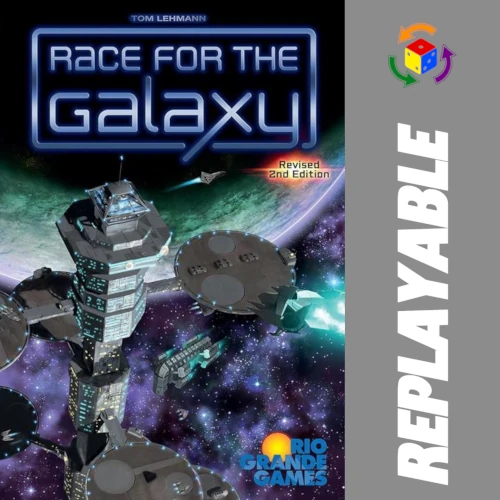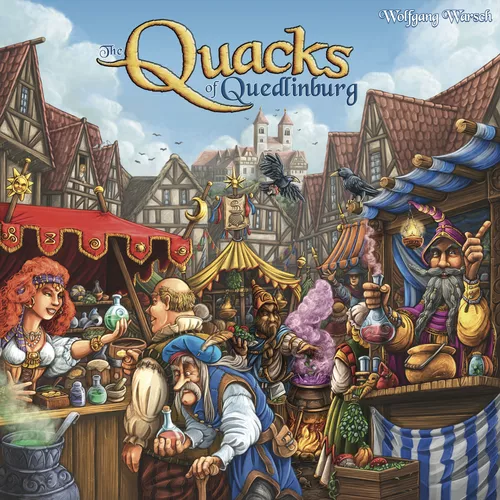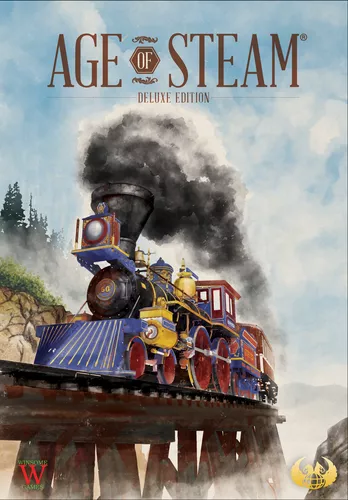Race for the Galaxy is a strategic card game where players build interstellar civilizations. Players compete by selecting cards to develop technologies, settle planets, or trade goods. Above all, the game emphasizes efficient engine-building, where resources are managed to score points.
At first, players choose actions secretly and reveal them simultaneously. If multiple players select the same action, it only triggers once, albeit with a bonus for those who picked it. As a result, timing is crucial in predicting opponents’ choices.
Furthermore, there are five phases: explore, develop, settle, consume, and produce. If a phase isn’t selected by any player, it doesn’t happen, thus requiring careful planning. All in all, strategy hinges on balancing exploration, production, and military strength.
Additionally, the cards represent either planets or technologies, each offering unique benefits. Consequently, some players may focus on production and trade, while others opt for a military approach.
Afterward, victory points are awarded for both planets and developments, as well as for consumed goods. The game ends when a player has settled twelve worlds or when the victory point pool is depleted. In either case, the player with the most points wins.
Finally, Race for the Galaxy offers a highly replayable experience due to the random card draws and varying strategies. Al, David, and Todd talk about this game of calculated risks and tactical depth. Give us a listen!





